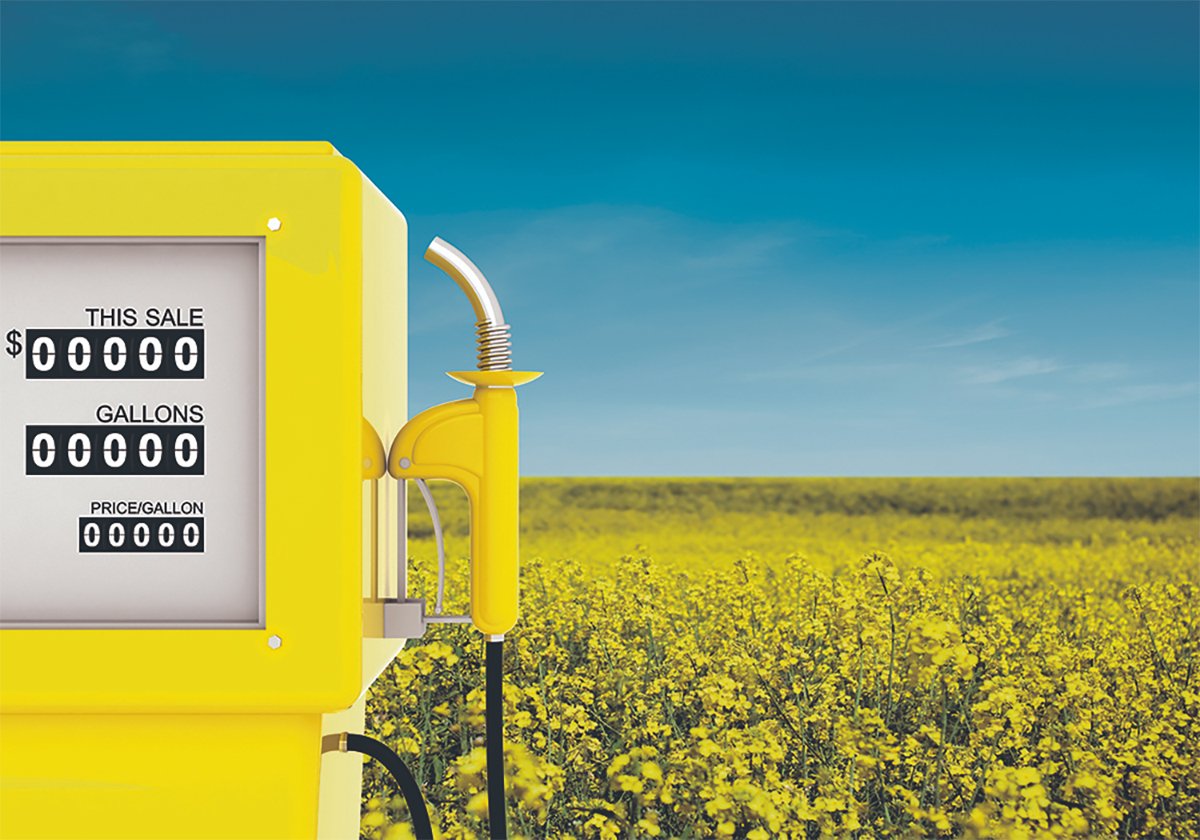Manitoba corn growers seemed to be taking on a giant Goliath when they challenged subsidized and dumped corn brought into Western Canada from the United States.
But their complaint was ultimately lost due to another David.
Last week, the Canadian International Trade Tribunal released its reasons for quashing the corn growers’ complaint and a four-month duty on imports of U.S. corn.
The tribunal was not persuaded by a lengthy legal brief from the U.S. Trade Representatives office, nor by the arguments made by a dozen lawyers during a five-day hearing in February.
Read Also

Biofuel sector happy with federal budget
Advanced Biofuels Canada says new Biofuel Production Incentive is a lifeline until CFR amendments are in place.
Rather, the tribunal found most compelling the testimony of a loosely organized group of the corn growers’ peers.
Thirty-eight corn growers signed confidential affidavits claiming they were not injured by exports of U.S. corn.
They were organized by Hytek Feeds, an arm of a large southeastern Manitoba hog production company.
Canadian trade law requires “all or almost all” of producers to be injured in order to set up a duty to protect the industry from unfair trade.
In similar cases considered by the tribunal in the past, “all or almost all” has been interpreted to mean 90 percent or more.
Growers in the Hytek survey claimed to represent 11 percent of Western Canadian corn production in 1999-2000. Their identities were kept confidential.
The tribunal ruled that U.S. imports depressed corn prices in Western Canada and caused financial harm to many corn growers. But because it found less than 90 percent of farmers were affected by the imports, it overturned the corn growers’ trade complaint.
That had Michael Coates steaming.
“We’re pretty angry about it. It’s a technicality,” said Coates, president of the Manitoba Corn Growers Association.
Coates blamed vested interests for ruining the trade complaint.
“It was just that Hytek (Feeds) poll and (Letellier, Man. corn importer) Roger Barnabé that screwed this up.”
During the hearings, Barnabé claimed more than 50 percent of Manitoba corn acres are planted by farmers who don’t belong to the Manitoba Corn Growers Association.
Dennis Kornelson, grain buyer for Hytek Feeds, did not respond to requests for an interview.
One of the producers who signed the Hytek survey said he was pleased the tribunal found the poll persuasive.
“Some people may call it a very elementary argument, but it’s maybe what won the case,” said Eric Peters, a hog producer from Kleefeld, Man., who grows corn to feed to his pigs.
“For us, no doubt, the big benefit for using grain corn is through our animals, and marketing it that way,” said Peters.
He said he got involved with the case when the government applied a $1.58 (US) per bushel duty to corn imports in November, a level he found unreasonable.
Peters raises 70,000 market hogs per year, and doesn’t grow enough corn to feed them all. He increased barley and wheat in his rations to avoid the increased costs of corn during the duty.
But Peters said he was most concerned about becoming a target for potential trade retaliation from the U.S.
“If they decide to close the border, that’s a big problem,” he said, recalling the decade of countervail applied to Canadian hogs crossing the U.S. border.
“Who wants to go back to that kind of business arrangement with Big Brother down south?” said Peters.
But Coates said fears about a trade war over corn are unfounded.














